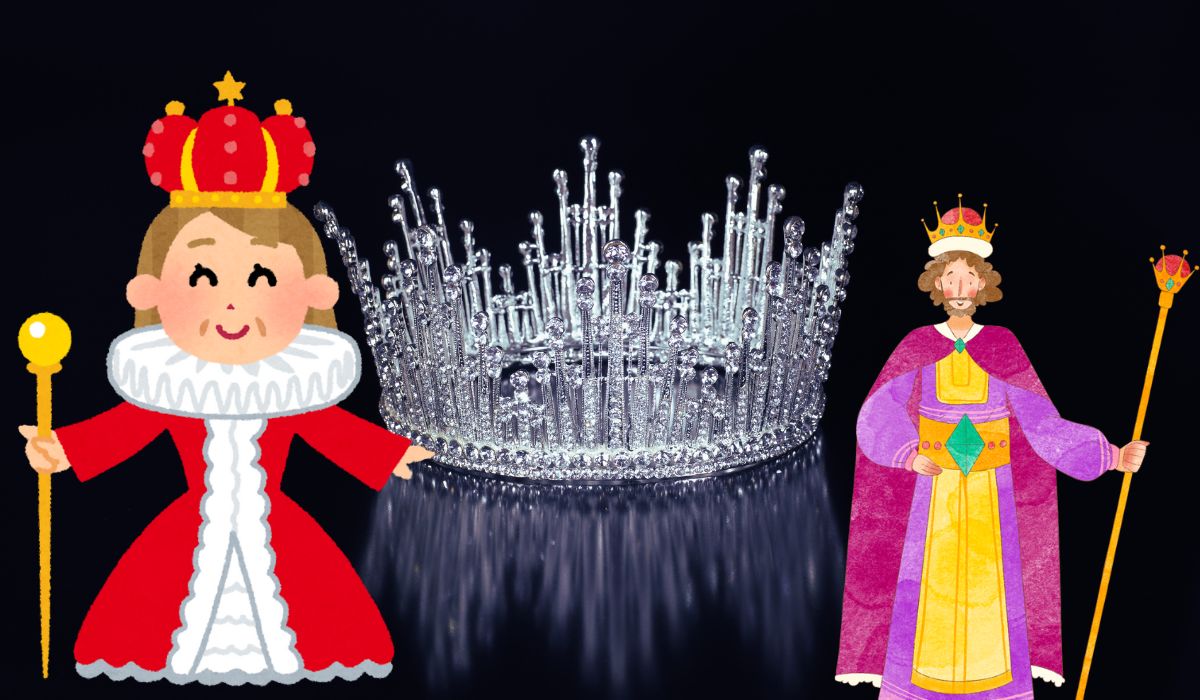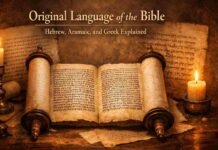 In the journey to understand the roots and teachings of major world religions, two scriptures stand out due to their profound influence and extensive reach: the Bible and the Quran. This article seeks to explore which of these texts is older, offering a detailed comparison and guiding readers through effective Bible reading strategies. As we delve into this respectful comparison, we aim to enlighten and provide a meaningful perspective on each text’s origin and significance.
In the journey to understand the roots and teachings of major world religions, two scriptures stand out due to their profound influence and extensive reach: the Bible and the Quran. This article seeks to explore which of these texts is older, offering a detailed comparison and guiding readers through effective Bible reading strategies. As we delve into this respectful comparison, we aim to enlighten and provide a meaningful perspective on each text’s origin and significance.
Which is Older: The Bible or the Quran?
Historical Context of the Bible and Quran
The Bible, a collection of texts written over a span of about 1,500 years, is the foundational scripture of Christianity and, by extension, Judaism through its Old Testament. The oldest parts of the Bible, the books of the Torah, date back to around 1200 BCE to 400 BCE. In contrast, the Quran, the holy book of Islam, was revealed to the Prophet Muhammad between 610 CE and 632 CE. This places the Bible as significantly older, with its earliest texts written approximately 1,600 years before the Quran.
How Old Is the Bible and the Quran in Years?
As of today, the earliest portions of the Bible are around 3,200 years old, while the Quran, having been revealed about 1,400 years ago, is younger in comparison. This age difference highlights the distinct cultural and historical contexts in which these texts were formed.
What Came Before the Quran?
The Bible and the Torah
Before the Quran was the Bible, including the Torah, which is recognized in Islam as part of the divine scriptures given to earlier prophets. The Quran often references biblical characters and stories, albeit with variations in narrative and interpretation.
Key Figures: Jesus and Muhammad
Who Was Born First?
Jesus of Nazareth, central to Christianity, was born approximately in 4 BCE, while Prophet Muhammad, the founder of Islam, was born much later, around 570 CE. This not only reflects the chronological order of their respective scriptures but also the continuation of monotheistic belief systems in different cultural epochs.
Comparing Scriptural Accuracy and Interpretations
Which Is More Accurate: The Bible or the Quran?
Debating the “accuracy” of religious texts often involves interpretations based on faith, historical context, and scholarly studies. Both texts serve as spiritual guides for their followers and are believed to be divinely inspired. The differences in narratives and laws reflect the circumstances and needs of the people at the time of their revelations.
The Influence of Earlier Scriptures on the Quran
Is the Quran Based on the Bible?
The Quran acknowledges the Bible as a source of divine wisdom but claims to correct and complete the messages that were distorted or misunderstood over time. This assertion builds on the belief in a succession of revelations from the same monotheistic God.
Practical Guide: How to Approach Bible Reading
What Order Should I Read the Bible In?
To gain a deeper understanding of the Bible, consider the following approaches:
- Chronological Order: Read the books as they occurred historically, which helps to understand the timeline and context of biblical events.
- Canonical Order: Follow the order of books as they appear in the Bible, which groups texts by type (law, history, poetry, prophecy, gospels).
- Thematic Study: Focus on specific themes or topics across different books to see how various aspects of theology are treated throughout the scripture.
Conclusion
In conclusion, the Bible predates the Quran by several centuries. Each text holds a sacred place in its respective religion and offers unique insights and guidelines for its followers. Understanding these sacred texts provides not only historical knowledge but also a deeper appreciation of their spiritual messages. We encourage readers to explore these texts personally and reflect on their teachings.












